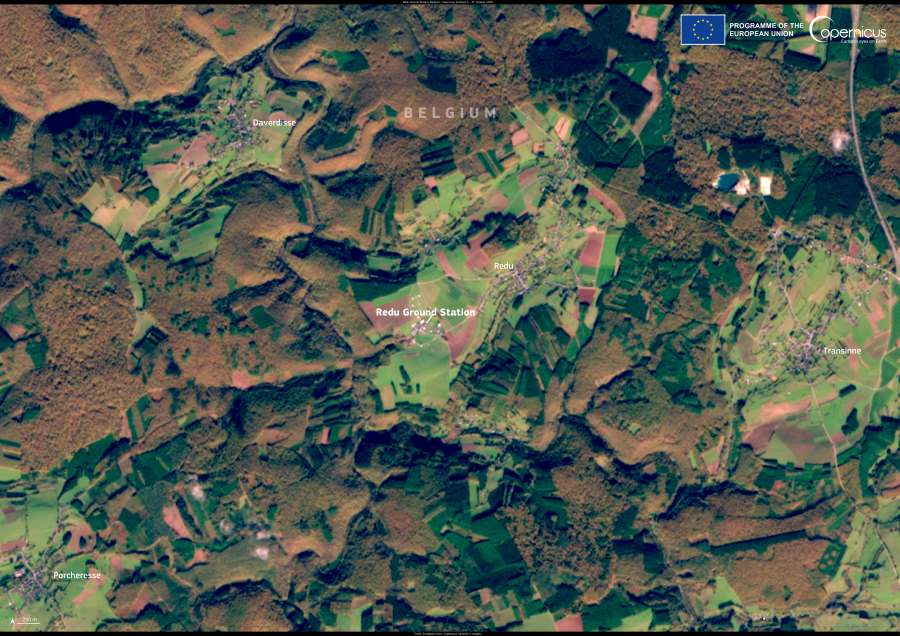Environmental Research Study Highlights Drastic Impact of Human Activity on Mangrove Carbon Stocks
A dire forecast looms over the fate of mangrove forests worldwide as a new study, published in Environmental Research Letters, unveils a staggering prediction: carbon emissions from the destruction of mangrove forests are set to surge by an alarming 50,000% by the end of the century. Led by Jennifer Krumins, Professor of Biology at Montclair State University, the research sheds light on the imminent threat posed by human encroachment on these vital ecosystems.
Mangrove forests, renowned for their ability to sequester carbon, are facing an existential crisis, particularly in regions such as southern India, southeastern China, Singapore, and eastern Australia. Over the past two decades, rampant human development, including agriculture, aquaculture, and urbanization, has ravaged these carbon-rich habitats. The consequence? A staggering decline of 158.4 million tons in global mangrove carbon stocks—a figure equivalent to the carbon emissions generated by flying the entire US population from New York to London.
Professor Krumins, along with Ph.D. candidates Shih-Chieh Chien and Charles Knoble, delved into the nexus between human population density and soil carbon stocks in urban mangrove forests. Their findings paint a grim picture: as population density reaches 300 people per square kilometer—akin to the average densities seen in the UK or Japan—the carbon stored in mangrove soils near populated areas dwindles by a substantial 37%.
Currently, the annual rate of carbon emissions resulting from mangrove loss stands at 7.0 Teragrams. However, this figure is set to skyrocket in tandem with increasing population density, projected to reach a staggering 3,392 Teragrams by the century’s end.
Despite covering a mere 0.1% of the Earth’s land surface, mangrove forests wield outsized importance in wildlife conservation and global climate regulation. Their carbon-rich soils, housing three to four times the carbon mass of boreal, temperate, or tropical forests, act as crucial buffers against climate change.
Professor Krumins stresses the urgency of safeguarding existing mangroves, especially in densely populated areas. “Mangrove forests are critical to the regulation of carbon sequestration, and it is imperative that we protect them,” she emphasizes. Understanding the intricate interplay between human activities and mangrove carbon stocks is the crucial first step toward conservation and mitigation efforts.
As the clock ticks toward a future fraught with escalating carbon emissions, the fate of mangrove forests hangs in the balance. Will humanity rise to the challenge of preserving these invaluable ecosystems, or will they succumb to the relentless march of urbanization and development? Only time will tell.
(More information: Environmental Research Letters (2024). DOI: 10.1088/1748-9326/ad13b6. Featured image credits: Wiroj Sidhisoradej – Freepik.com)




